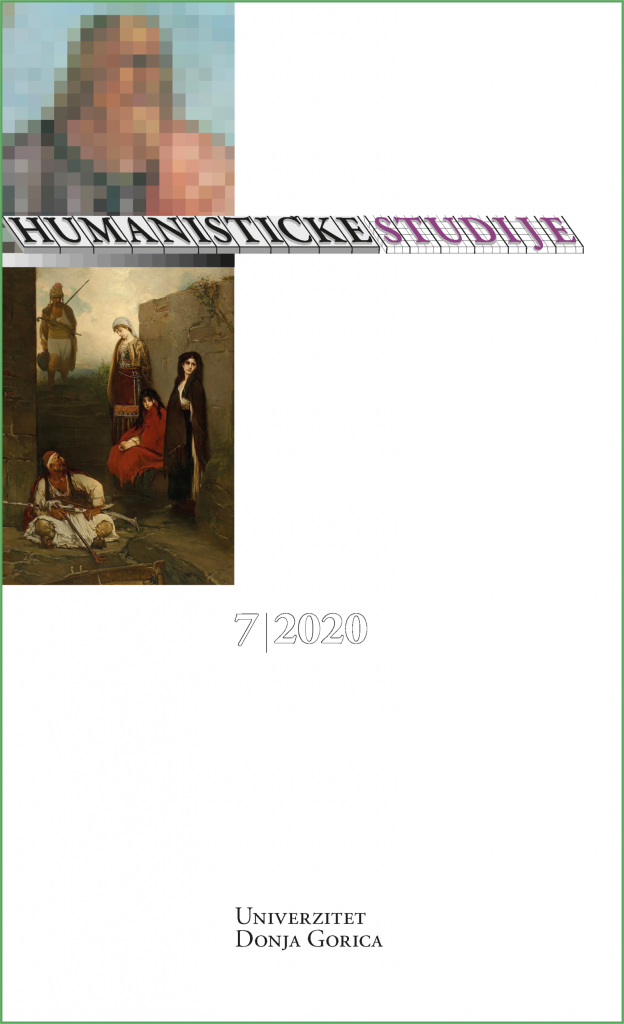Balkan i Srednja Evropa u metaforičnom zagrljaju
The Balkans and Central Europe in a Metaphorical Embrace
Author(s): Filip TesařSubject(s): Politics / Political Sciences, History, Recent History (1900 till today), Between Berlin Congress and WW I, Wars in Jugoslavia
Published by: Univerzitet Donja Gorica
Keywords: Central Europe; Balkans; Mitteleuropa; Visegrad Group; EU; metaphors
Summary/Abstract: „Central Europe“ and the „The Balkans“ are figurative concepts that entail a large amount of metaphors. Unlike „Central Europe“, a large number of negative mataphors are related to „The Balkans“. An important reason for this are the ethnic conflicts at the beginning and end of the 20th century. The term „Central Europe“, which has been consolidated only since the 1980s, is not burdened in a similar way, although the forced national homogenization, after the Second World War, was carried out in this area as well. The term was further consolidated thanks to the existence of the Visegrad Group, formed in 1992, through which the political unity of Poland, The Czech Republic, Hungary and Slovakia was strengthened. The Visegrad Group has been supporting the entry of the Western Balkan countries into the EU since 2004, and since then the dependent relationship between „The Western Balkans“ and „Central Europe“ has been developing.
Journal: Humanističke studije
- Issue Year: 2020
- Issue No: 7
- Page Range: 9-26
- Page Count: 18
- Language: Serbian

